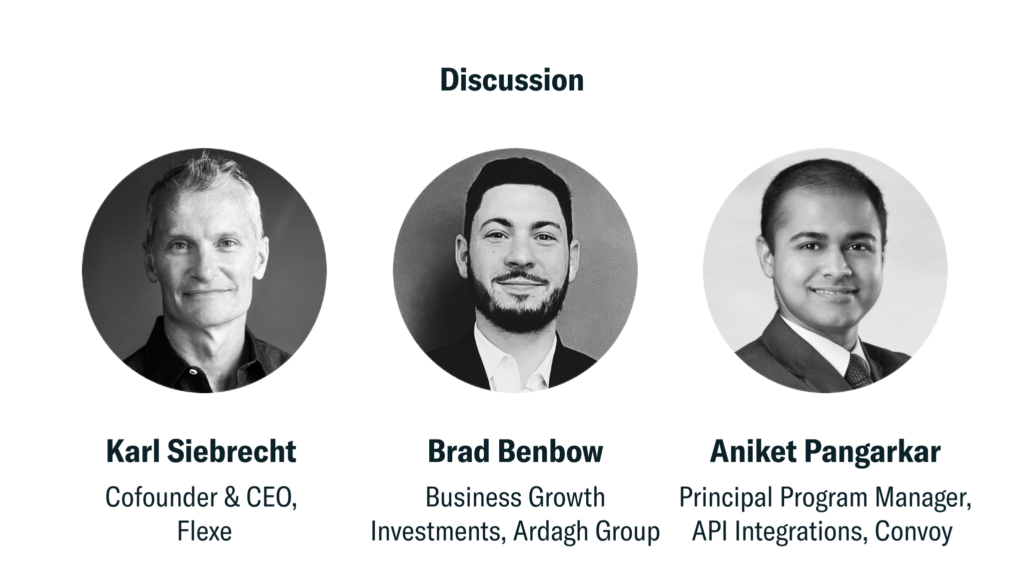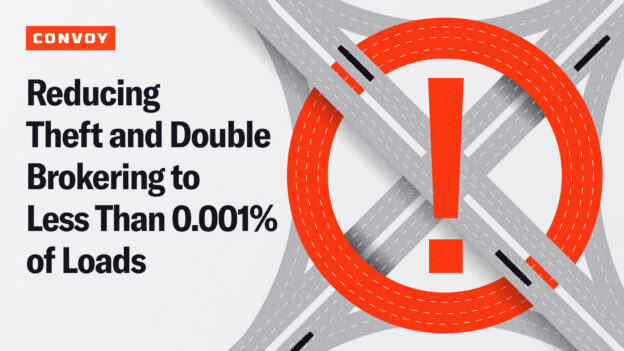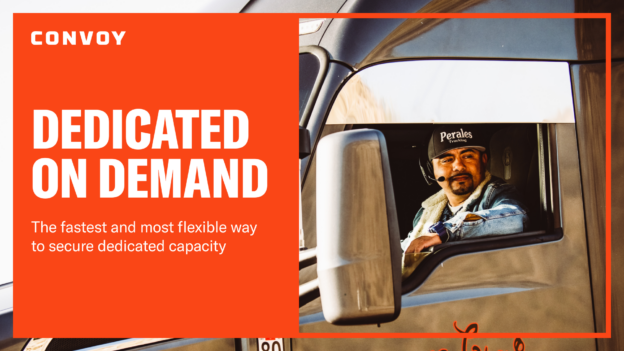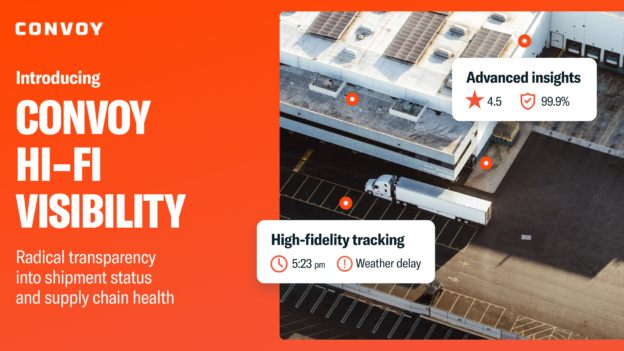Flexe, Ardagh Group, and Convoy talk supply chain disruption
Shippers • Published on May 3, 2022
This story originally appeared in Convoy’s “The Future of Freight,” featuring 40 thoughtfully curated pages on supply chain disruption, freight procurement, market volatility, and more.
How has the recent supply chain disruption driven you to think differently about the supply chain and/or your business?

Ongoing Demand Disruption meets Supply-side Congestion
Karl Siebrecht, CEO & Co-founder of Flexe
“Supply and demand disruptions are colliding. On the supply side, recent congestion stems from production and inventory delays, capacity constraints, and labor shortages. At the same time, there is ongoing demand disruption from shifting consumer buying behaviors. Retailers and brands are caught in the middle.
Rigid supply chains don’t help. Rather than building, leasing, or contracting logistics services, businesses are sidestepping traditional warehousing solutions and buying logistics services programmatically. Through targeted programs, they open up an entirely new world of strategic options for distribution or fulfillment.
Recent congestion isn’t necessarily making us think about our business differently, but we are helping our customers approach their supply chain differently. With programmatic logistics, they can flexibly expand and evolve their networks and capabilities in spite of growing ambiguity, constraints, and disruptions in the market.”
Extreme Market Conditions require Better Supply Chain Strategies
Brad Benbow, Business Growth Investments at Ardagh Group
“The supply chain constraints over the last two years have made it clear a formal supply chain strategy is a must. Supply chain strategy has always been a passion of mine, and the extreme market conditions we’ve been dealing with presented the opportunity to think differently and test new approaches. I began thinking about the most volatile areas — spot market loads, port congestion, warehouse utilization, etc. — and how we can limit our exposure in those areas to create value for the business and our customers while reducing impact to the bottom line. I’ve also spent a lot of time on network utilization by looking at our logistics network comprehensively and identifying areas where we could be more efficient without compromising service.”
Shippers Automatically Diversifying their Portfolio of Freight Networks
Aniket Pangarkar, Principal Program Manager, API Integrations at Convoy
“In response to high primary tender rejections and record spot prices over the last two years, shippers are strategically segmenting their networks to better balance price competitiveness, stability, and service quality for different segments of their freight portfolio.
Specifically, we see shippers moving away from fixed freight contracts for all their lanes and deploying a portfolio of contracted and dynamic pricing programs. For example, leading shippers are augmenting their contracted primary and backup rates with API-based dynamic backup rates.
This provides shippers access to instant elastic capacity at competitive prices, especially when it’s needed to address supply chain disruptions caused by demand spikes, extreme weather conditions, changes in supply networks, etc. This also allows frontline employees to spend less effort on sourcing last-minute capacity and instead focus on resolving the most complex of disruptions.”



